You can listen above ⬆️ and read below ⬇️. Enjoy!
Today’s 5-minute catch-up on what is hot in Blockchain and Crypto brings you these eight captivating stories:
Wyoming elects a bullish on bitcoin Senator.
Germany’s Etherisc is developing a DeFi solution for African agricultural insurance.
Spain’s national payments processor, Iberpay, moves towards testing of its bank-backed digital currency solution.
ConsenSys acquires Truffle, the largest blockchain developer tool suite.
More olive oil producers join IBM’s Food Trust supply chain platform.
Cisco and DHL integrate blockchain into Cisco’s hardware supply chain.
International Container Terminal Services will be connecting its 31 terminals to IBM/Maersk’s TradeLens platform.
Today’s download: World Trade Organization’s Report on Blockchain and DLT in Trade
Wyoming’s first female senator-elect, Cynthia Lummis, is a former Wyoming State Representative, state treasurer, and US Congresswoman. In a recent interview with ABC News, Lummis was very bullish on bitcoin stating that "Bitcoin is a good store of value. While our own currency inflates, bitcoin does not. I believe that it will be an important player in stores of value for a long time to come." She hopes to educate others in Congress on the merits of Bitcoin and cryptocurrencies.
Wyoming has been working hard to brand itself as crypto-friendly, passing favorable legislation and issuing cryptocurrency-focused bank charters. Hopefully, Lummis will be able to be a voice of reason in Congress on matters relating to CryptoAssets.
German Decentralized Finance startup Etherisc is developing an insurance platform for farmers in Kenya. Etherisc’s Ethereum-based Generic Insurance Framework leverages smart contracts powered by secure weather data through Chainlink. Severe weather events impacting crops can automatically trigger claims and payouts through the smart contract.
Etherisc says that this will reduce the claim cycle from as much as three months down to just one week. It will also reduce the costs of policy issuance by up to 41% thereby reducing farmers’ premiums by upwards of 30%. This could dramatically increase access to agricultural insurance across Africa where currently only 3% of farmers in sub-Saharan Africa are insured. Etherisc’s partner in the region is ACRE Africa, one of the largest insurance services providers for agricultural microinsurance in East Africa.
In CBDC news, Spain’s national payments operator, Iberpay, is moving forward with plans to test its synthetic central bank digital currency, the Smart Money Initiative, with Banco Sabadell, Banco Santander, Bankia, BBVA, and CaixaBank.
According to Ledger Insights, “The proof of concept is being run on Red-i, the test environment for Iberpay’s interbank blockchain network which connects to the Spanish Retail Payments System (SNCE). The trial envisions a future where there will be digital money solutions “backed by funds in central bank accounts.” The proof of concept will run through the second quarter of 2021.
https://www.ledgerinsights.com/santander-bbva-tokenized-digital-money-cash-iberpay/
Iberpay Press Release (in Spanish)
ConsenSys has acquired the team and technology of Truffle. Among the most widely used blockchain developer tools, the Truffle Suite is a development environment, testing framework, and asset pipeline all rolled into one. The terms of the acquisition were not disclosed.
Relied upon by more than 1.3 million developers worldwide, Truffle has long been an ecosystem favorite for new and experienced developers seeking the tools to expedite the smart contract and front end application development process. Truffle accelerated the growth of the open-source Ethereum ecosystem as one of the first projects incubated by ConsenSys and has since grown a dedicated following of developers.
“The Truffle Suite is essential for developers to get started on Ethereum and Web3, and is invaluable for increasing adoption of Mainnet applications and enterprise blockchain solutions alike. Truffle will often be top-of-the-funnel for all our products and services since nearly all developers begin their smart contract development journey with the Truffle Suite. We are excited about further integrations with ConsenSys’ suite of developer tooling and applications,” said Joseph Lubin, Founder of ConsenSys.
“As the most popular Ethereum development framework, it is a natural fit for Truffle to be part of the ConsenSys product stack. We look forward to delivering enterprise-grade solutions that enable developers to build and deploy blockchain systems using Ethereum and across multiple blockchains,” said Tim Coulter, Founder of Truffle.
https://consensys.net/blog/press-release/consensys-acquires-truffle-suite/
IBM and olive oil producers Conde de Benalua, a cooperative in Spain made up of more than 2,000 farmers, and Rolar de Cuyo, an olive oil supplier in Argentina, today announced they are using IBM Food Trust on IBM Cloud to trace the lifecycle of their product and provide traceability, authenticity, and quality for consumers. They join CHO, a Tunisia-based producer that makes Terra Delyssa brand olive oil, and I Potti de Fratini, a family-run oil mill in Italy, which joined IBM Food Trust earlier in 2020.
Consumers’ demand for transparency and general distrust has been driven by recent reports of olive oil counterfeits. That trend is reflected in a broader context, according to a recent IBM Institute for Business Value study, which found that 73% of consumers will pay a premium for full transparency into the products they buy.
IBM Food Trust uses IBM Blockchain technology and IBM Cloud to close the information gap for customers. By scanning a QR code on each bottle of olive oil, consumers can trace its production from the groves where the olives were grown, to the mills where they were processed into oil, to the stores where it is sold. They can see images of where the olives were picked and pressed and get to know the farmers and workers behind the scenes and even review what criteria were met for the oil in each bottle. For example, the tracing will show whether the olives were processed to the standards required to be labeled extra virgin olive oil.
On the production side, members of the supply chain can work together with greater confidence and efficiency, creating a permanent digital record of transactions that can be easily shared with permissioned parties. This data within IBM Food Trust can also be used to help ensure the freshness of food, control storage times, and reduce waste.
Cisco has partnered with DHL to integrate blockchain into its supply chain. Cisco subcontracts the warehousing and logistics for advanced hardware replacement to customers in over 120 countries. Although Cisco owns the inventory and processes for this massive supply chain, they do not own or operate a single warehouse or truck.
The entire supply chain is managed by a worldwide network of third-party logistics providers, freight forwarders, and customs brokers. This new system allows Cisco to better communicate shipping updates and tracking across those logistics providers. Cisco’s platform uses Hyperledger Fabric while DHL has developed its own proprietary blockchain platform called BLESS (Baseline Eco-System Services).
https://blogs.cisco.com/partner/cisco-and-dhl-partner-to-develop-a-blockchain-solution
Elsewhere in the logistics space, International Container Terminal Services, Inc. (ICTSI), an international terminal operator operating in 19 countries, has signed on to connect its 31 terminals to TradeLens, the blockchain platform jointly developed by IBM and Maersk.
Launched in 2018, the TradeLens ecosystem now includes more than 175 organizations – extending to more than 10 ocean carriers and encompassing data from more than 600 ports and terminals. Already, it has tracked 30 million container shipments, 1.5 billion events, and roughly 13 million published documents.
According to ICTSI’s Vice President and Chief Information Officer, Brian Hibbert, “We are now testing the system and transferring information about loading and discharge of cargo, and berthing of vessels to the blockchain platform. After complete integration of the system, we will be able to optimize work with regulatory authorities, improve our terminals’ visibility to what is coming to them as well as receive updates from the sea carriers online.”
Today’s free resource is a 51-page whitepaper from the World Trade Organization and Trade Finance Global on Blockchain and Digital Ledger Technology’s impact in Trade. The report covers a number of standardization initiatives as well as how Blockchain technology can address the reliance on paper trade documents in the era of COVID-19. Download the report from the World Trade Organization.
I am always happy to hear from you. Drop me a message at ethan@cryptoassets.institute, on Twitter @ethanpierse, or on LinkedIn.
See you soon,
Ethan
I bet your network would love to read this, too.
Story submissions: feel free to send me news, media releases, and ideas here.
* The contents of this newsletter are neither legal nor financial advice. Always inform yourself and get expert counsel.

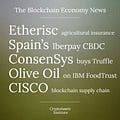




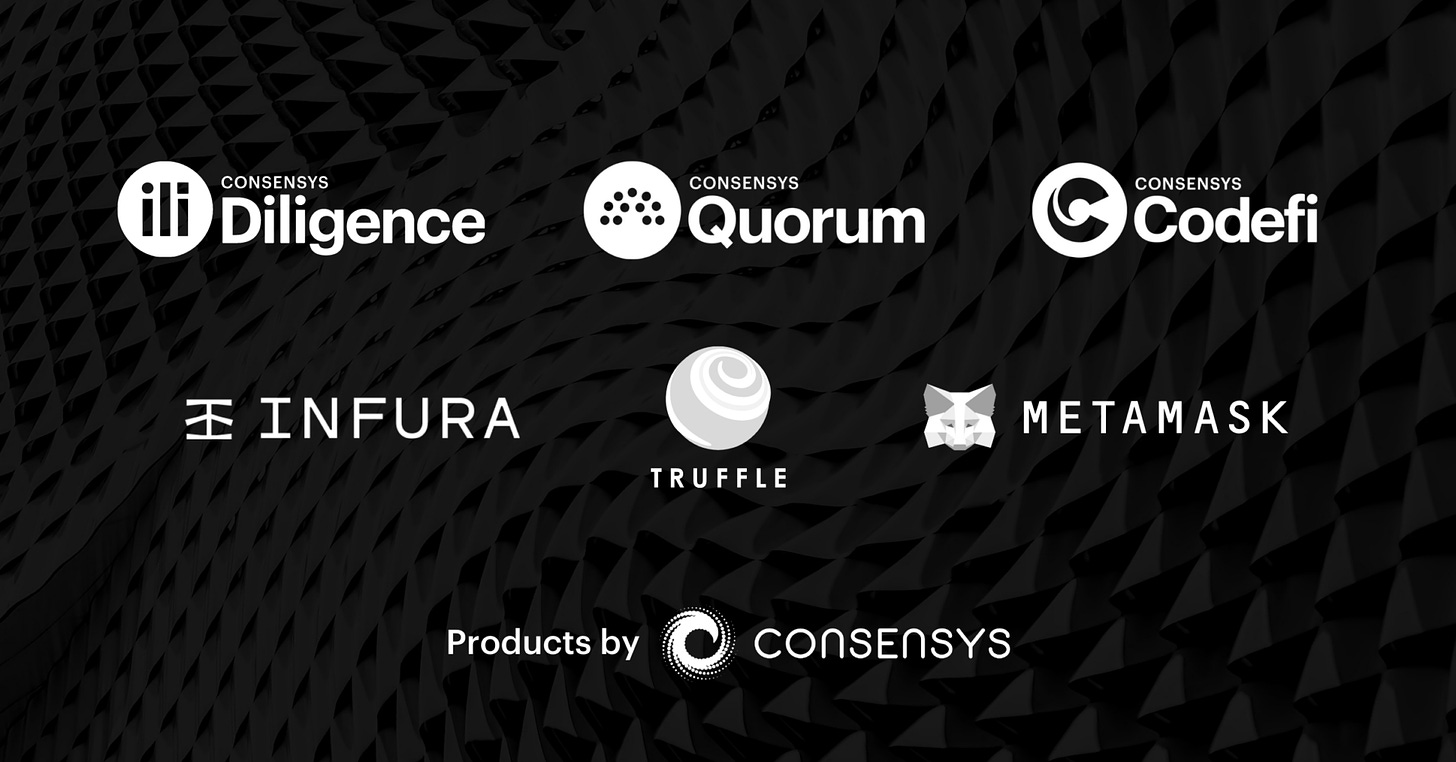
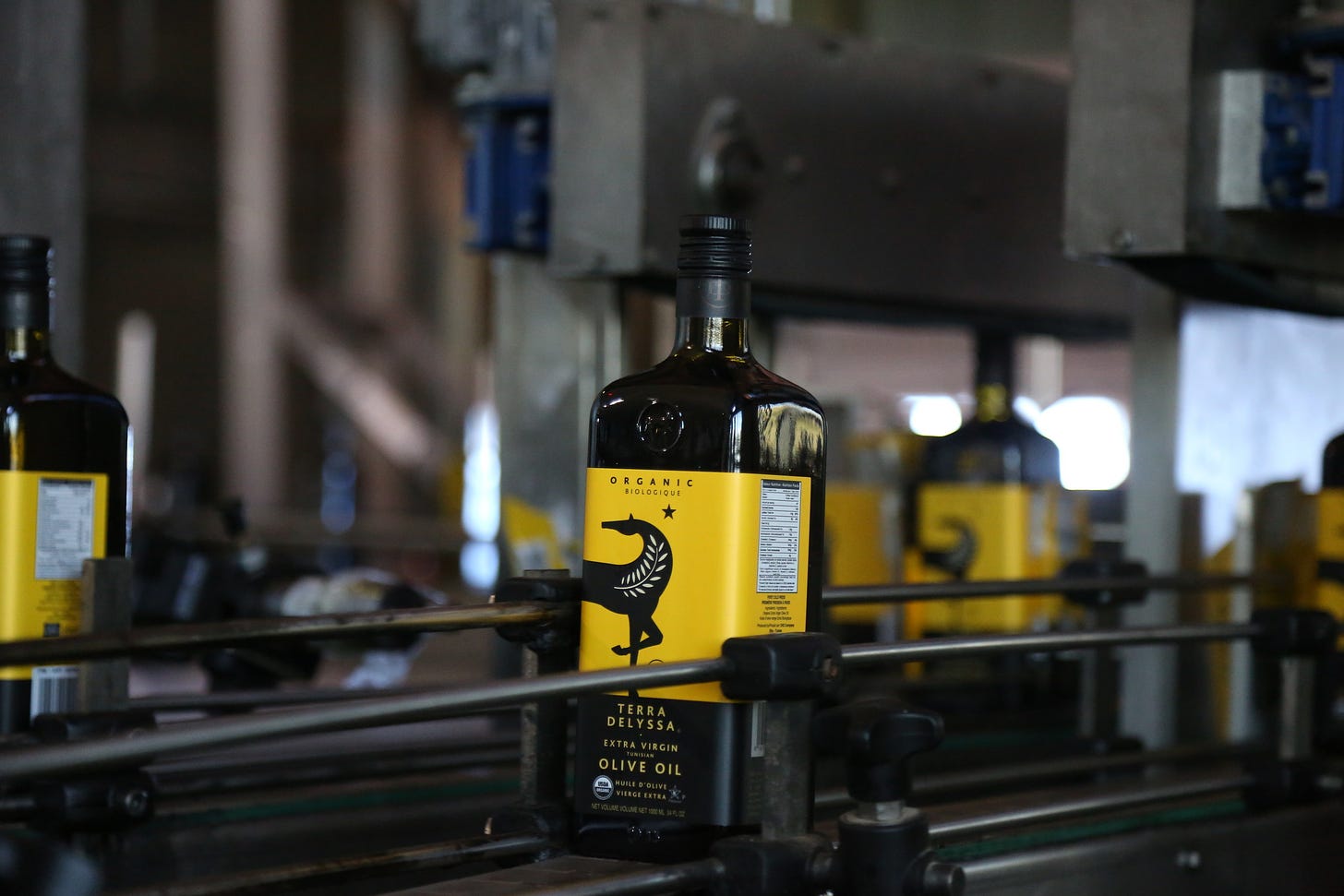
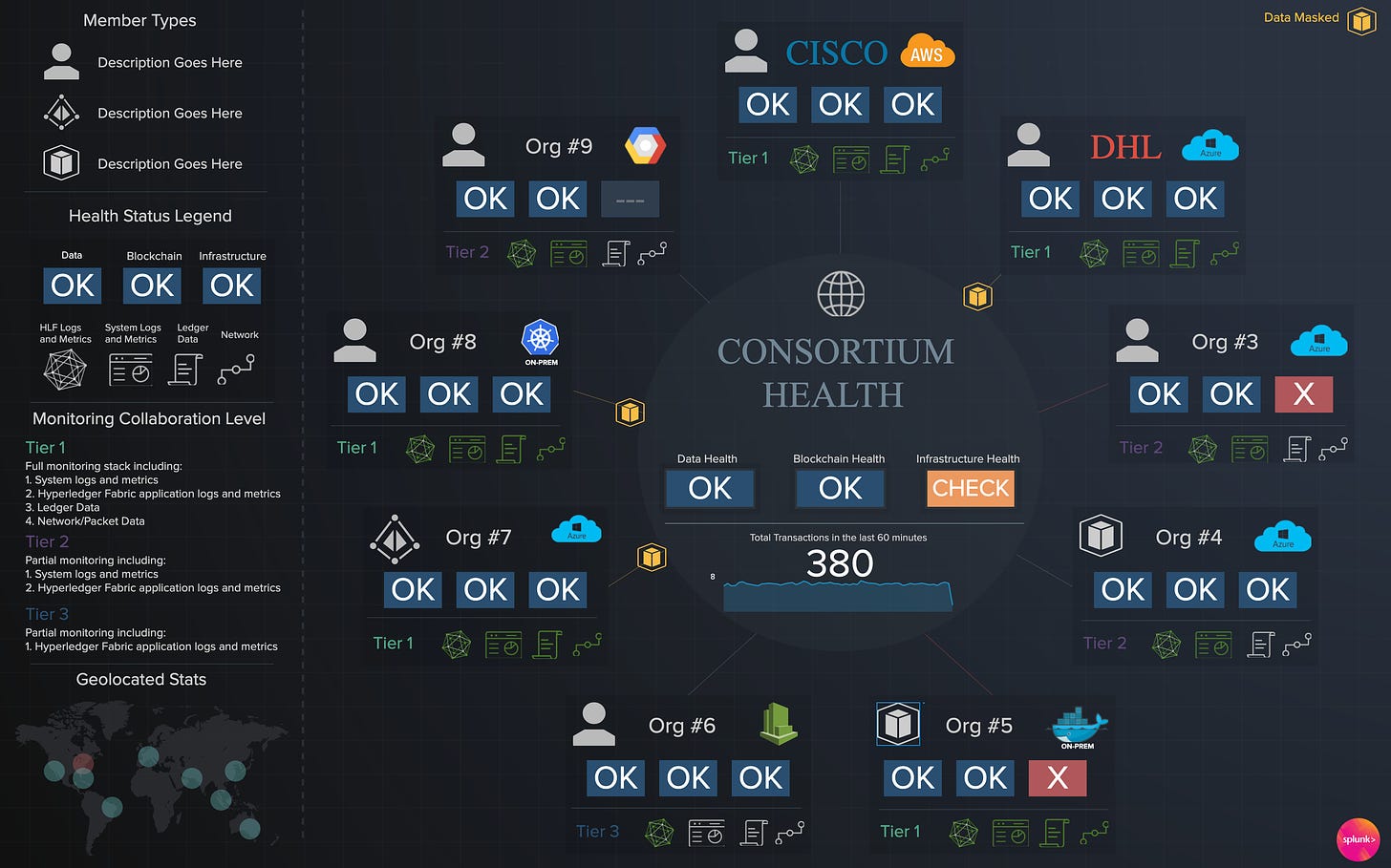
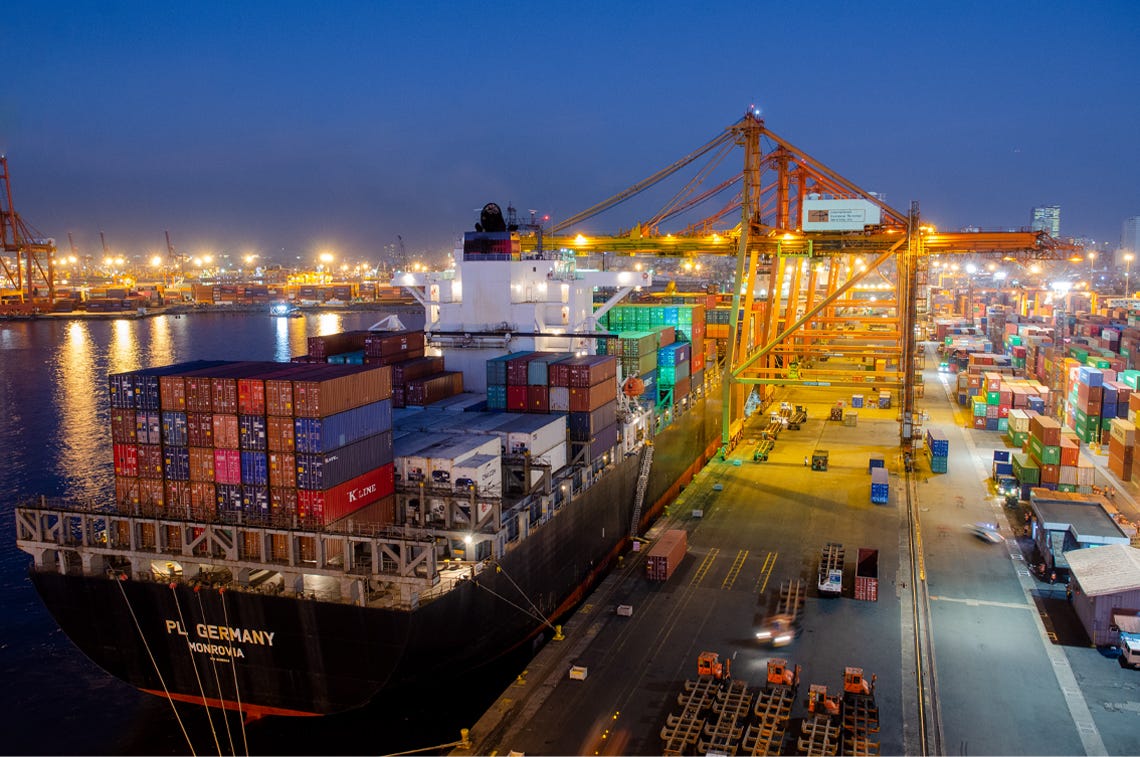
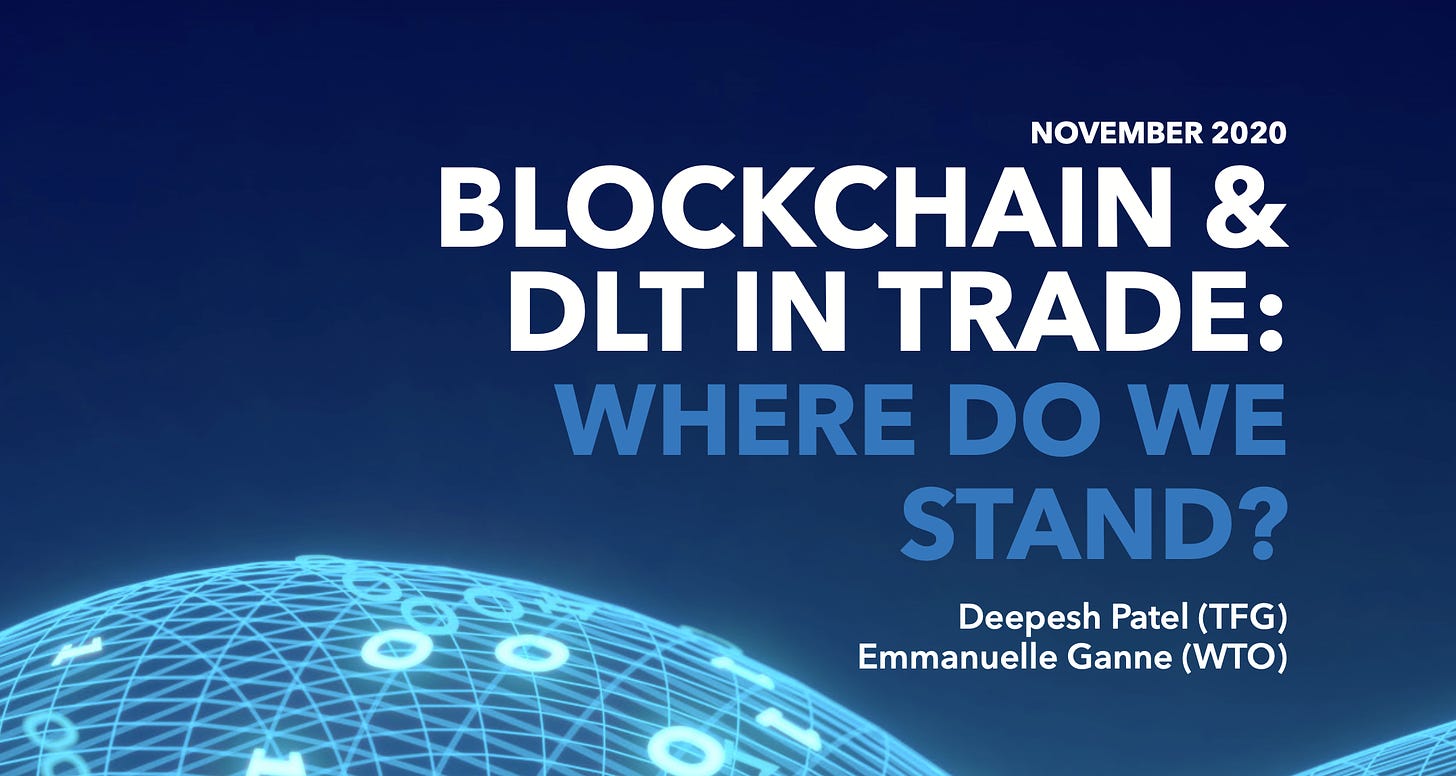


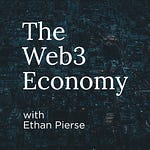
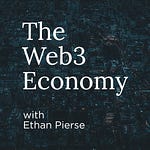
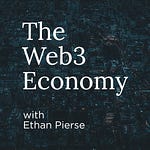




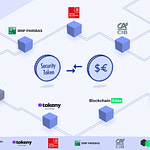
The Blockchain Economy News - November 18th